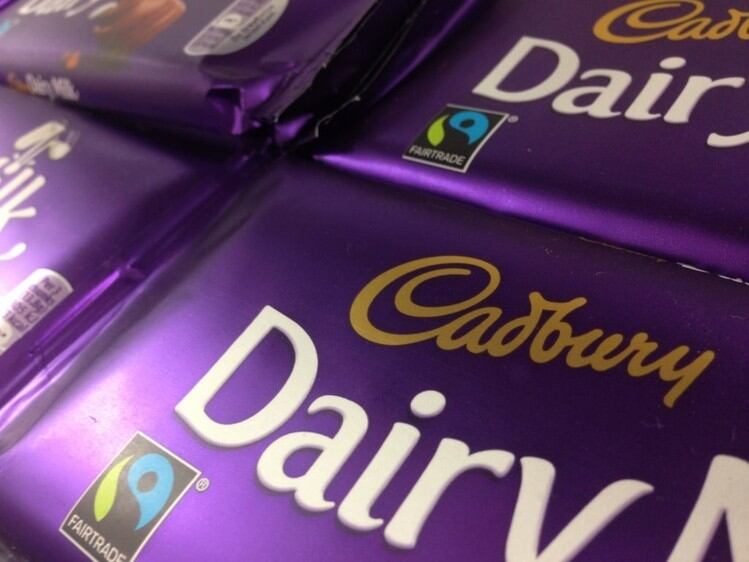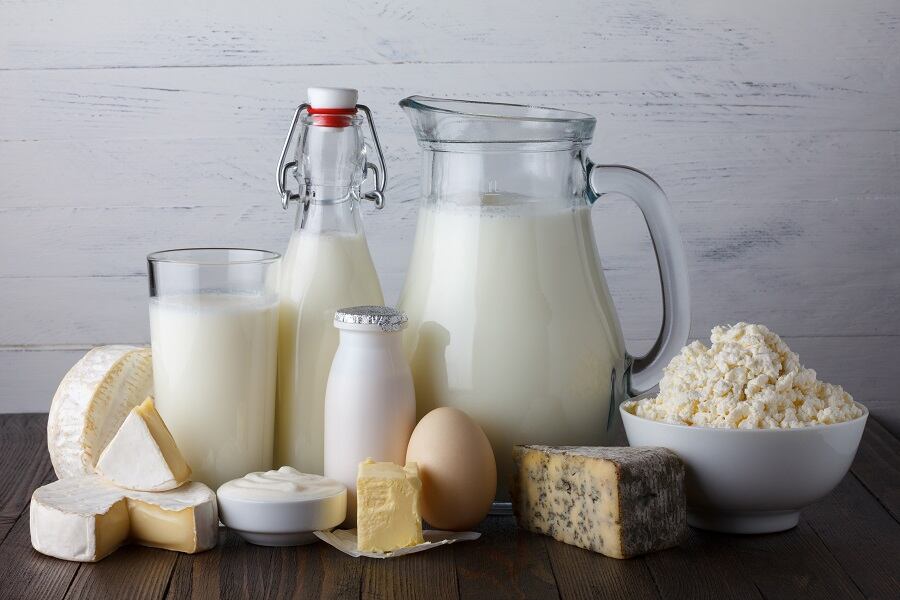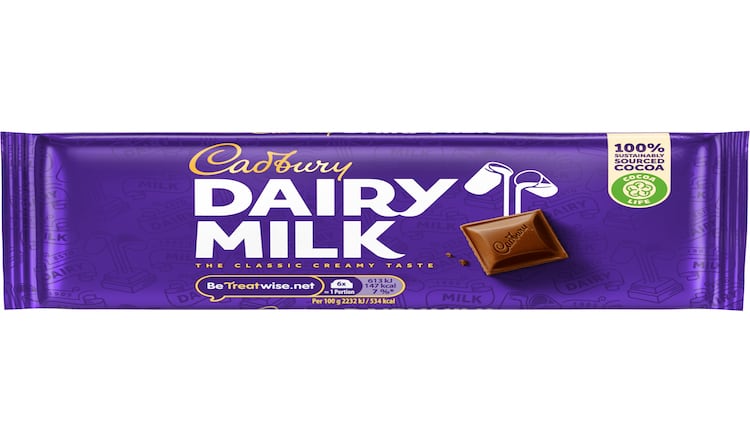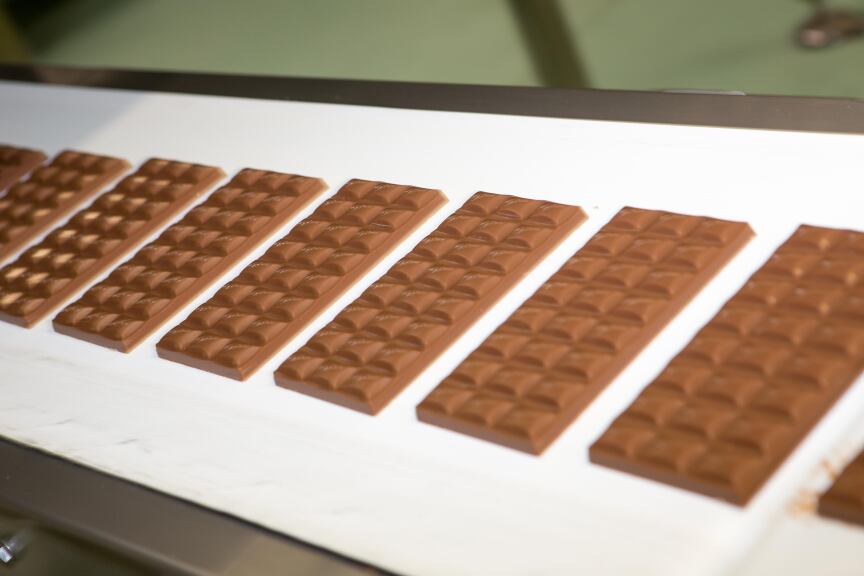The confectionery giant claimed the reduction was the first for that particular size of Dairy Milk bar in a decade, with the weight dropping from 200g to 180g.
A spokesman for Mondelez said the business was facing the same challenges that many other food companies have already reported when it came to significantly increased production costs – whether from ingredients, energy or packaging – and rising inflation.
“This means that our products are much more expensive to make,” the spokesman added. “We understand that consumers are faced with rising costs too, which is why we look to absorb costs wherever we can.
Staying competitive
“But, in this difficult environment, we've had to make the decision to slightly reduce the weight of our medium Cadbury Dairy Milk bars for the first time since 2012, so that we can keep them competitive and ensure the great taste and quality our fans enjoy.”
Mondelez previously reduced the size of several of its Cadbury chocolate bars sold in multipacks while keeping the prices of said multipacks the same. The manufacturer was accused of 'shrinkflation' - or trying to maximise its profits by offering a lower quantity of product for the same price.
However, Mondelez said the move had been made in order to reduce the calorie count in its products.
Commenting on the smaller Dairy Milk Bars, Natalie Hitchins – head of home products at consumer rights group Which? – said: “Shoppers bear the brunt of the rising cost of living when companies reduce the size of popular products while keeping prices stable.
Squeeze on finances
“Taken together, these practices can have a real impact at a time when many households are already facing a severe squeeze on their finances. While companies might have legitimate reasons for doing this, they must always be upfront so that customers can make informed choices.”
Several senior members of the food and drink industry have warned that food prices will rise, sparked by the rapid increase of inflation, as well as other geopolitical crises.
2 Sisters Food Group CEO Ronald Kers has warned food inflation could rocket to 15% by mid-year and the UK will face hyper-inflation unseen for 50 years, compounded by the crisis in Ukraine.
Meanwhile, Russia’s invasion of Ukraine and the subsequent sanctions, trade restrictions and supply chain disruption will lead to food price rises and the possibility of temporary shortages, according to the Food and Drink Federation (FDF).





